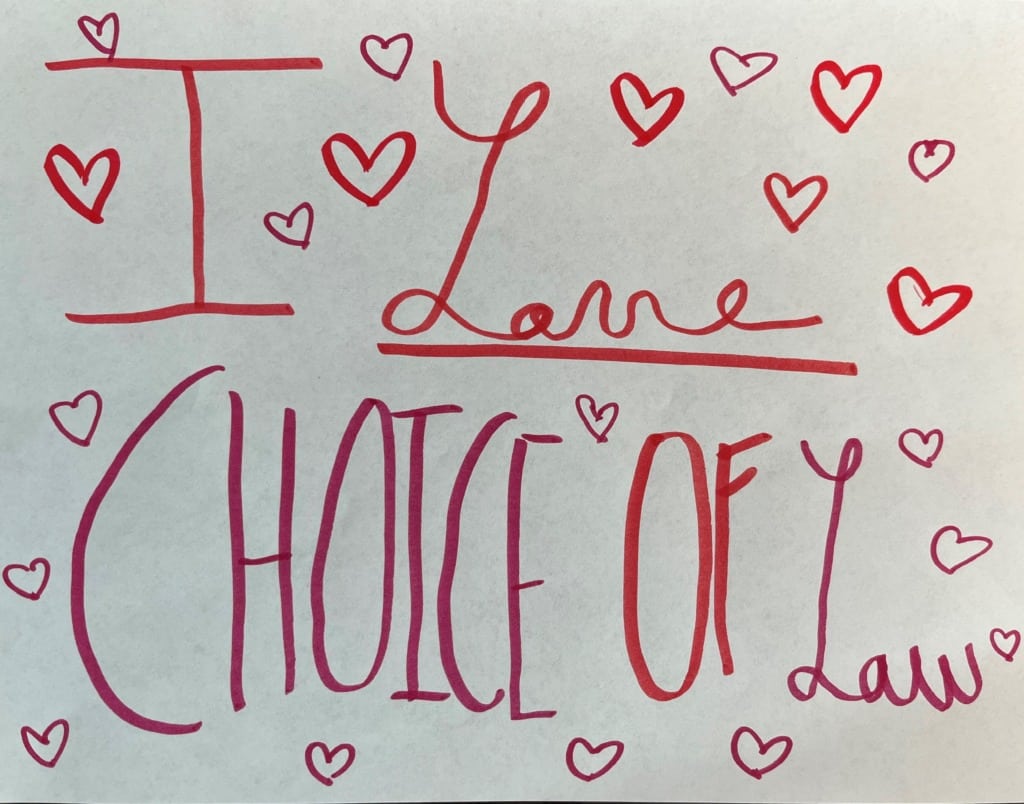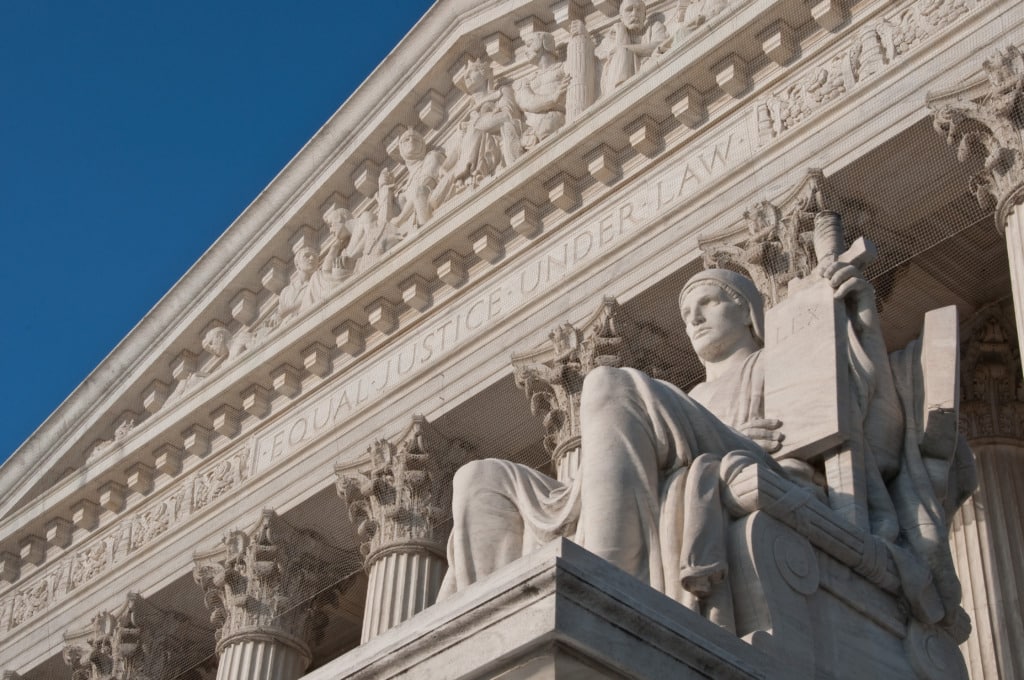Climate Change Litigation Is Global
As readers of this blog may know, climate litigation is exploding across U.S. courts. States, municipalities, nonprofits, investors, children, and myriad other plaintiffs are bringing lawsuits against private actors for contributing to global climate change and against government officials for failing to take steps to stop it. I have written on this blog about one…
Continue ReadingThrowback Thursday: Forty Years of the Bancec Test
The Supreme Court’s 1983 decision in First National City Bank v. Banco Para El Comercio Exterior de Cuba was saddled with a cumbersome mouthful of a title, one confusingly similar to a 1972 opinion in another important case, First National City Bank v. Banco Nacional de Cuba. Fortunately, the 1983 decision was quickly dubbed Bancec, an…
Continue ReadingRecent Scholarship on Ethnocentrism and Transnational Litigation
Asif Efrat has published Intolerant Justice: Conflict and Cooperation on Transnational Litigation. This interesting book argues that prejudice against foreign legal systems (or “out-group negativity”) plays an important role in domestic political debates over transnational litigation. The author is a political scientist, and the book accordingly focuses on domestic political dynamics and not just on…
Continue ReadingChoice of Law in the American Courts in 2022
The thirty-sixth annual survey on choice of law in the American courts is now available on SSRN. The survey covers significant cases decided in 2022 on choice of law, party autonomy, extraterritoriality, international human rights, foreign sovereign immunity, foreign official immunity, the act of state doctrine, adjudicative jurisdiction, and the recognition and enforcement of foreign…
Continue ReadingSupreme Court to Consider Tech Companies’ Liability for Terrorism
On February 21 and 22, the Supreme Court will hear oral argument in two cases, Gonzalez v. Google and Twitter v. Taamneh, that raise questions about how a civil cause of action set forth in the Anti-Terrorism Act (ATA) applies when known terrorist organizations use social media services. Both cases involve terrorist attacks (in Paris…
Continue ReadingAdmiralty’s Influence on Transnational Procedure
Admiralty was the original site of transnational litigation in U.S. courts. Given the breadth of admiralty jurisdiction, the federal courts developed a number of procedural tools for balancing international comity and practical concerns in these international business disputes. Just because a foreign ship showed up in a U.S. port, for instance, didn’t mean a U.S….
Continue ReadingOne More Thought on Halkbank
The recent Supreme Court argument in Türkiye Halk Bankasi A.S. (Halkbank) v. United States has captivated the transnational litigation community. Experts have weighed in in many forms, including on this blog. In this post, I want to add one more thought that I have not seen raised in this context. Even if the Court decides…
Continue ReadingCourt Holds that Chinese Investor May Try to Enforce Arbitral Award Against Nigeria
Over the past two decades, China has invested heavily in Africa. A recent study found that between 2001 and 2018, China invested $41 billion in African countries and loaned an additional $126 billion. Some of these investments generated disputes, and some of those disputes are finding their way to U.S. courts. In a recent decision,…
Continue ReadingFlorida Man Seeks Enforcement of Forum Selection Clause
One of the internet’s more enduring memes is that of Florida Man. Florida Man is famous for “performing irrational, maniacal, or absurd actions in the U.S. state of Florida.” Over the years, Florida Man has attacked his neighbor with a tractor, been trapped in an unlocked closet for two days, fed iguanas to alligators in…
Continue ReadingD.C. Circuit Holds that Whistleblower Provision Does Not Apply Extraterritorially
In Garvey v. Administrative Review Board, the D.C. Circuit held that a whistleblower provision in the Sarbanes-Oxley Act did not apply to alleged retaliation against an employee in Hong Kong by a subsidiary of a U.S. investment bank. The opinion carefully applies the Supreme Court’s two-step framework for the presumption against extraterritoriality to the whistleblower…
Continue Reading






